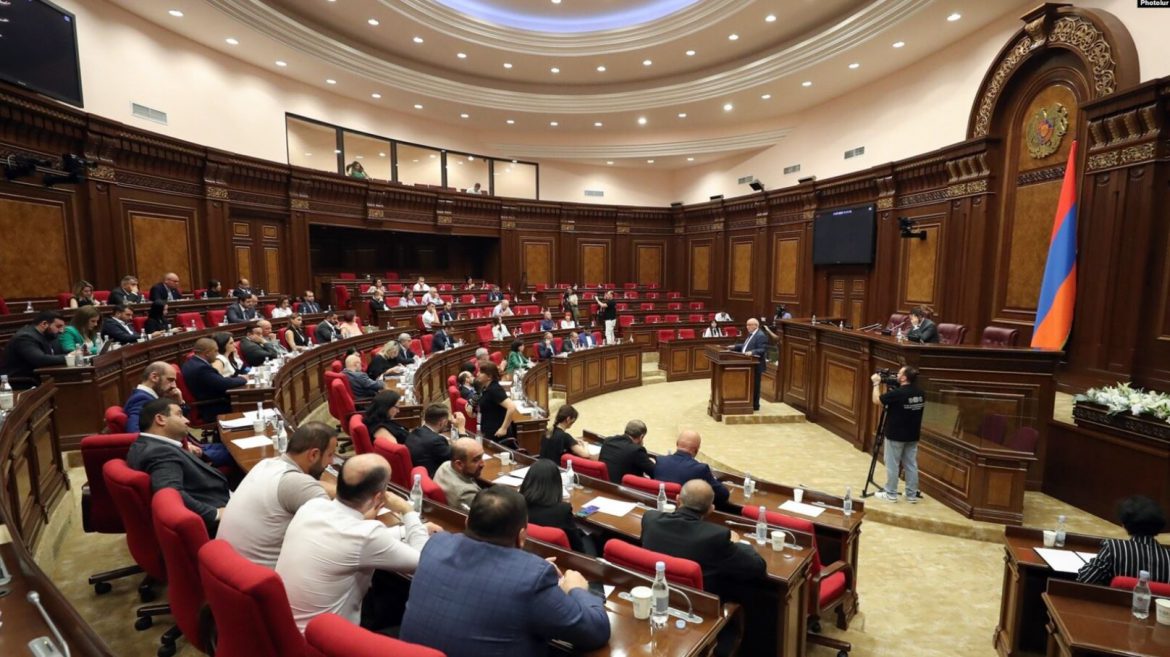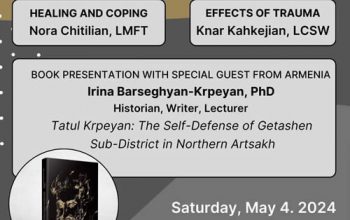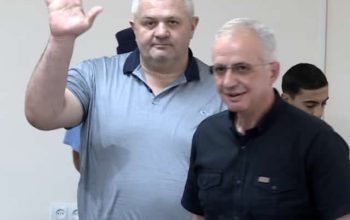Opposition members in the Armenian parliament expressed ongoing apprehensions regarding negotiations with Azerbaijan concerning border delineation issues. Their concerns remained unaddressed following a special session held on Tuesday at their behest.
Representatives from the Hayastan and Pativ Unem factions had requested that the meeting with Armenian Foreign Minister Ararat Mirzoyan and Deputy Prime Minister Mher Grigorian, responsible for border negotiations with Azerbaijan, be conducted publicly. However, Parliament Speaker Alen Simonian insisted on closed-door discussions, citing potential disclosure of state secrets. This decision, supported by the pro-government majority, resulted in nine opposition lawmakers being excluded from the session due to their lack of access to classified information.
Following the hour and a half closed-door session, Taguhi Tovmasian from the Pativ Unem faction informed reporters that no significant insights were gained regarding the border delineation process. She criticized the government for cloaking their actions in secrecy, expressing that initial concerns had only been exacerbated. Ishkhan Saghatelian of the Hayastan faction echoed these sentiments, claiming the meeting underscored the absence of genuine border delineation efforts and Armenia-Azerbaijan negotiations.
Opposition accusations of potential territorial concessions by Yerevan were refuted by Prime Minister Nikol Pashinyan and his allies, who emphasized their commitment to preserving Armenia’s internationally recognized territory.
Mirzoyan and Grigorian declined to comment to the media following the session. Prior to the meeting, Grigorian stated that a final decision had not yet been reached regarding the commencement of the delimitation process in Armenia’s northeastern Tavush province.
Discussions concerning the start of border delineation in Tavush began in March, initiated by Prime Minister Pashinyan during his visit to the region. Despite signaling readiness to consider Baku’s demands regarding certain villages, Pashinyan did not link this to the liberation of occupied Armenian territories. This stance faced criticism from opposition leaders and concern from affected Tavush residents.
In a recent conversation with German Chancellor Olaf Scholz, Pashinyan reaffirmed Armenia’s adherence to principles established in previous agreements. These principles include mutual recognition of territorial integrity, border delimitation based on a 1991 declaration, and sovereignty over transportation links.
The parliamentary discussions occurred against a backdrop of heightened tensions at the Azerbaijani border. The Armenian Defense Ministry refuted claims of Armenian forces firing at Azerbaijani positions, while accusing Azerbaijani forces of initiating gunfire. Additionally, the Armenian Interior Ministry reported further damage to a house in the village of Tegh due to sporadic gunfire from Azerbaijani forces.




